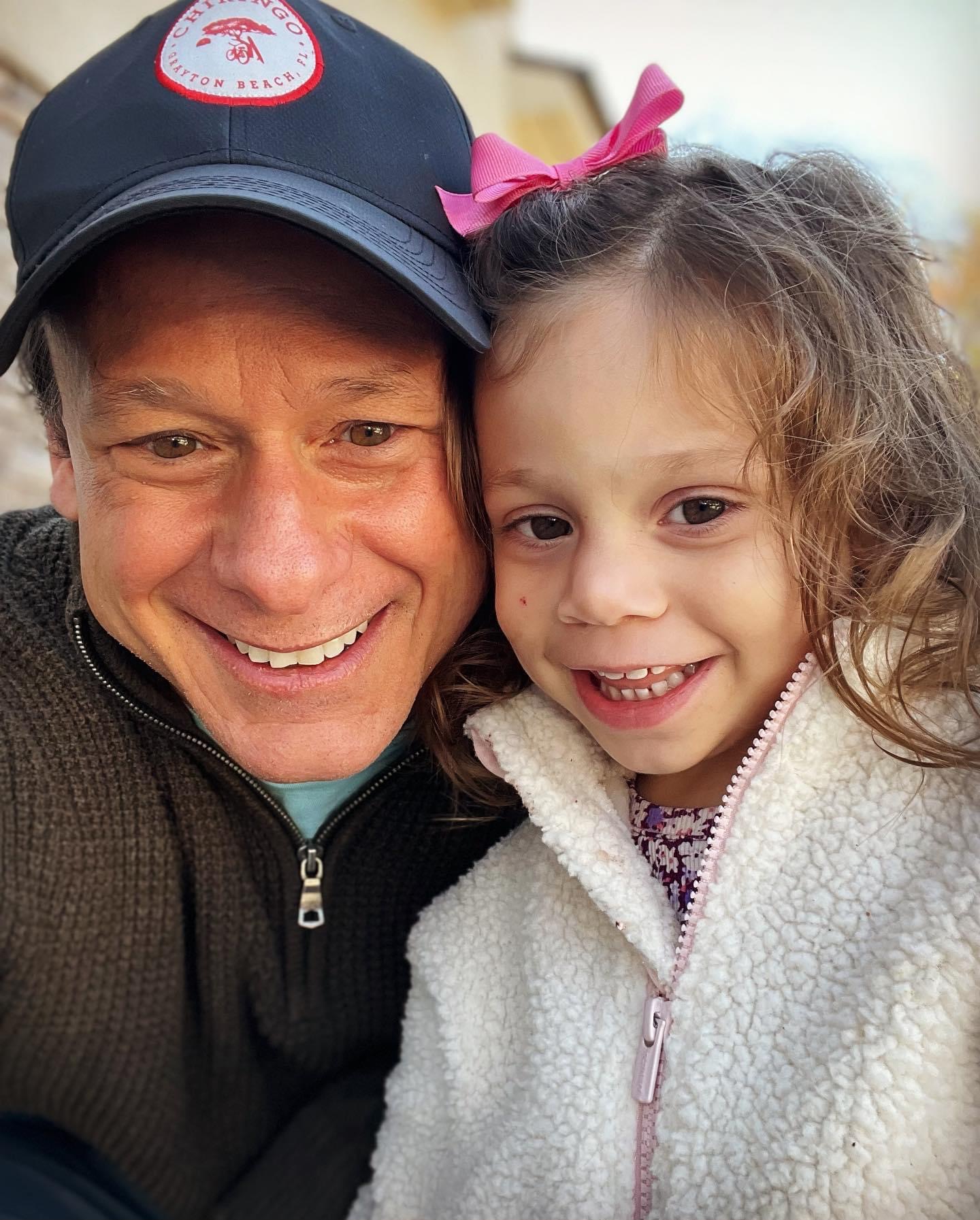Losing Your Mind
- Sonny Del Grosso
- Dec 3, 2024
- 3 min read
Updated: Jan 18
The Worst Feeling in the World
When you snap at your kid and scream at them so hard it startles them—that is, hands down, the worst feeling ever. Olivia, my toddler, caught me in one of those moments recently. Her big eyes locked on mine, frozen in place as if she had just seen a monster. It was gut-wrenching. And it reminded me of one thing I vowed never to be: the kind of dad my dad was—someone I feared.

Why Losing Your Sh*t Happens (Even to the Best of Us)
Here’s the thing: fatherhood isn’t exactly a calm, Zen-like experience. It’s chaotic, sleep-deprived, and at times, downright maddening. Some days, you’re just hanging by a thread, and then your toddler decides to negotiate like a pint-sized lawyer about why broccoli isn’t “real food.” And you snap—not because you’re a bad parent, but because you’re human.
Research published in the journal Child Development (2019) highlighted that parental stress and fatigue are major contributors to moments of anger or frustration with children. The study found that parents who reported high levels of sleep deprivation and external stressors (such as work or financial pressures) were more likely to lose their temper with their children. However, the study also emphasized that these outbursts, while difficult, are less impactful on children when followed by genuine apologies and attempts to reconnect. It’s not just you.
What Matters Most: The Aftermath
Here’s what I’ve learned: it’s not about the snap. It’s about what happens after. After Olivia’s initial shock wore off, I crouched down to her level, gave her a hug, and said, “I’m sorry.” That moment of connection, her tiny arms wrapping around me, reminded me that all wasn’t lost.
It turns out, kids don’t need perfect dads. They need real ones. The kind who mess up, say they’re sorry, and show that it’s okay to make mistakes. In fact, those recovery moments teach them resilience, empathy, and how to handle conflict.
Vulnerability is the Real Strength
I’ve started realizing that fatherhood is less about always having the answers and more about owning the mistakes. My wife, Sarah, is a pro at this. She reminds me to breathe, to lean in, and to show vulnerability. When Luca, our newborn, was crying at 3 a.m. the other night, I sighed loudly, frustrated and exhausted. Sarah gently reminded me, “Hey, it’s okay. We’re in this together.”
It’s that kind of grace I’m learning to bring to my kids. They’ll forgive me for yelling, but they’ll remember the way I make it right after.
Progress Over Perfection
So, am I a perfect dad? Absolutely not. But I’m learning. Every meltdown, every snapped word, every too-loud sigh is a chance to do better. And that’s the real takeaway here: it’s not about never losing your cool. It’s about being the kind of dad who shows up, owns his mistakes, and keeps trying.
Because if fatherhood has taught me anything, it’s that trying—just trying—is what makes you a good dad. That, and learning to laugh at yourself along the way. Even if it’s behind a pillow.
Takeaways for the Not-So-Perfect Dads
• Losing your temper happens. It doesn’t make you a bad dad—it makes you human.
• What you do after matters most. Apologize, connect, and show your kids how to handle mistakes.
• Vulnerability is strength. Your kids need to see that you’re trying, not that you’re perfect.
• Progress beats perfection every time. Keep showing up and doing your best.
Fatherhood is messy, but your kids don’t need perfect. They just need you.





Comments